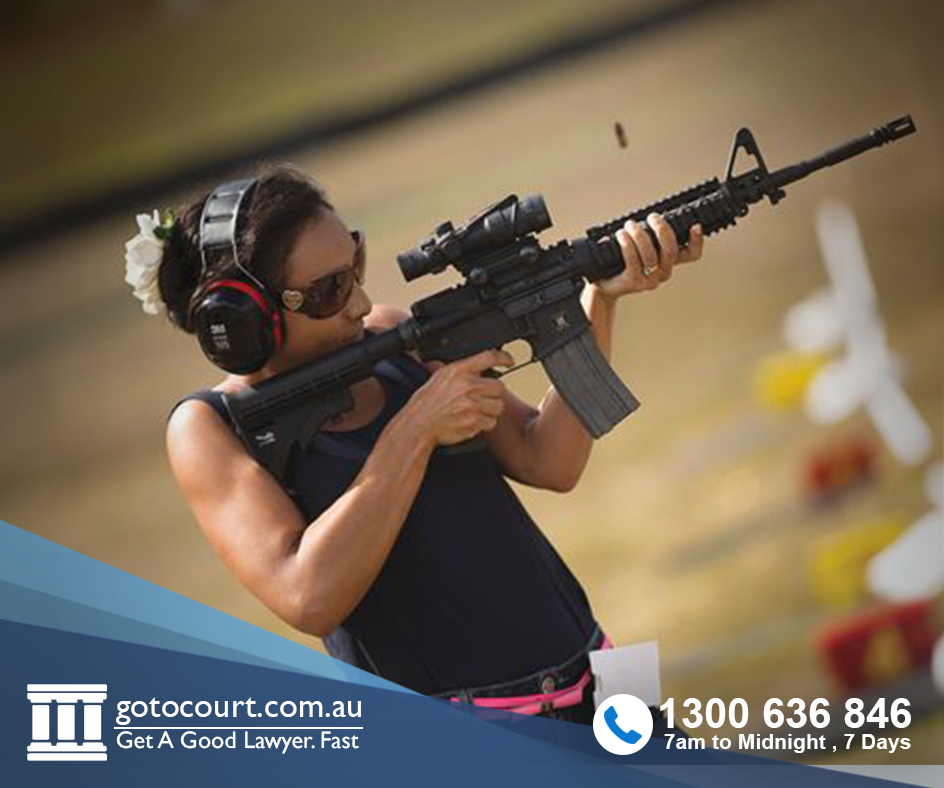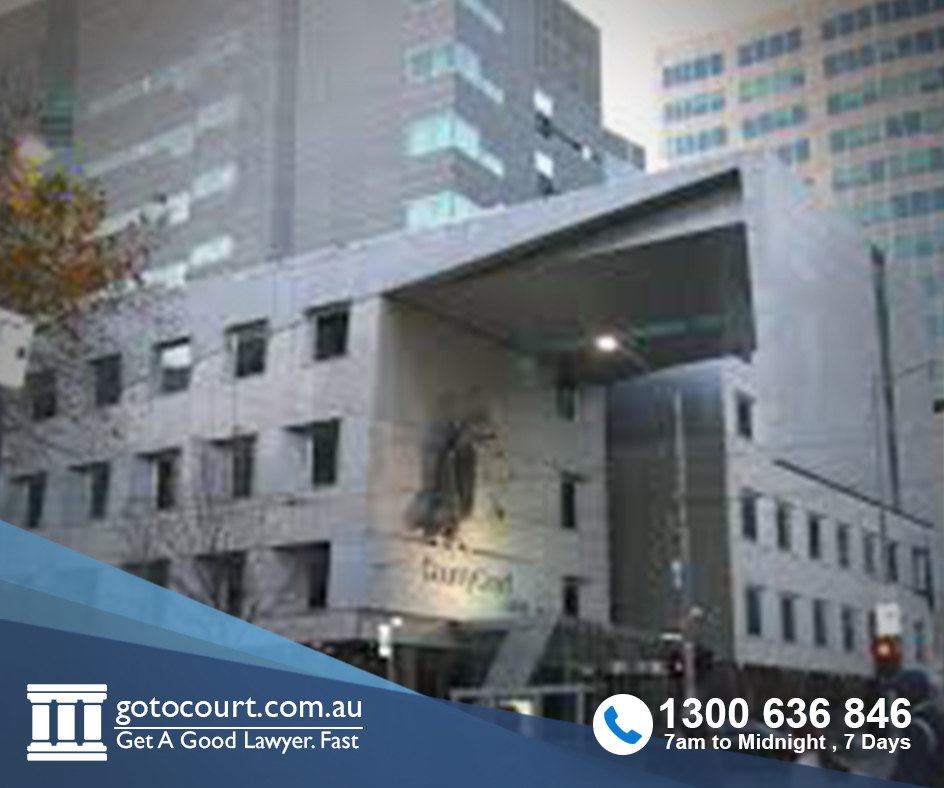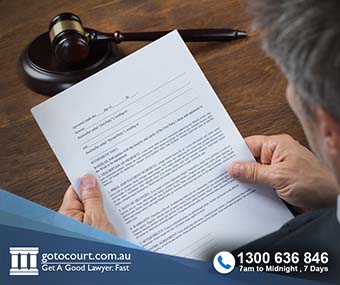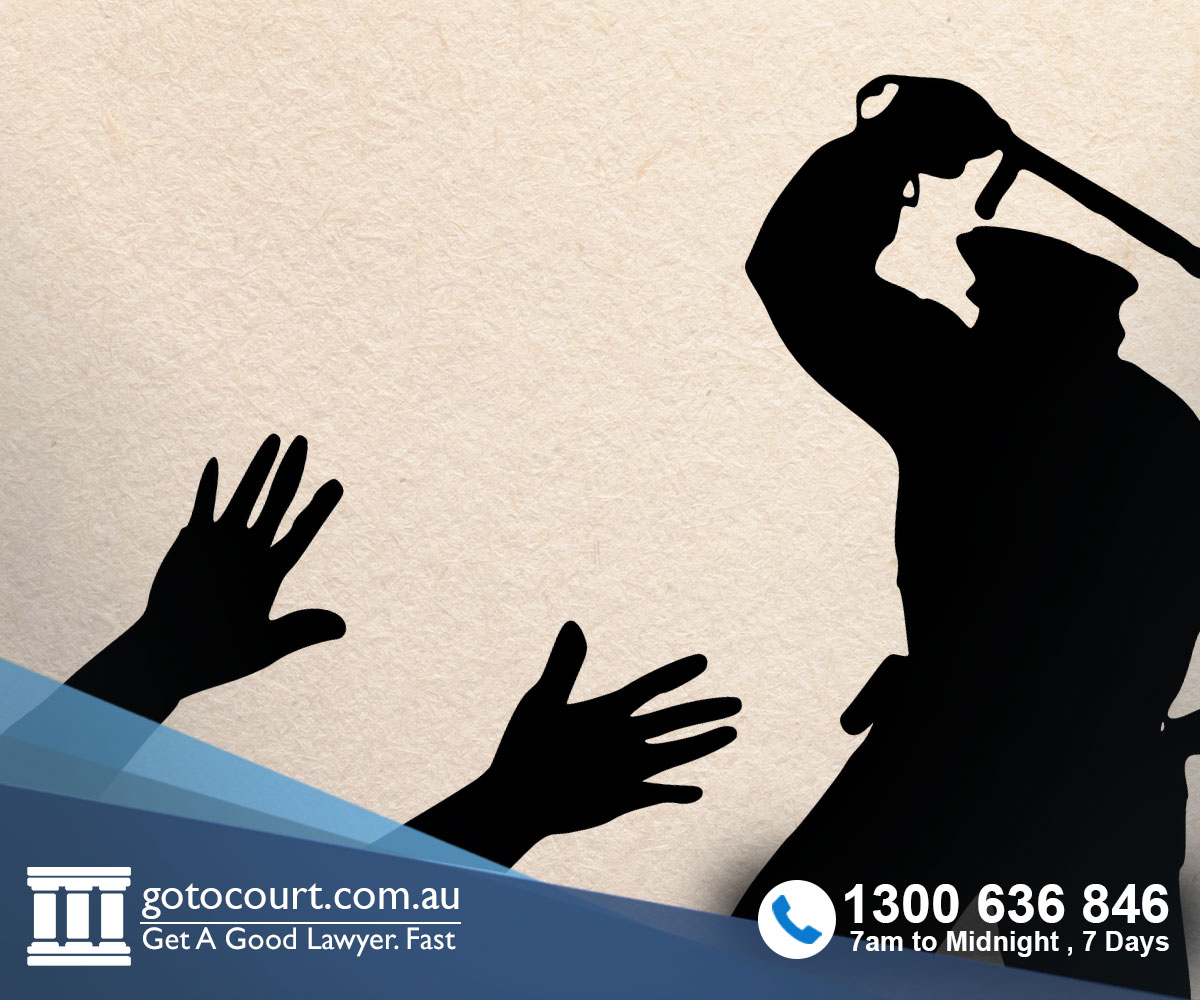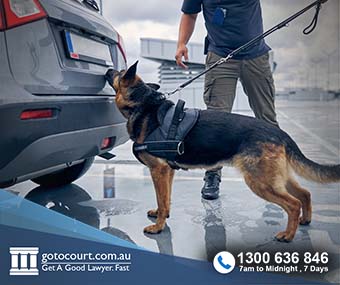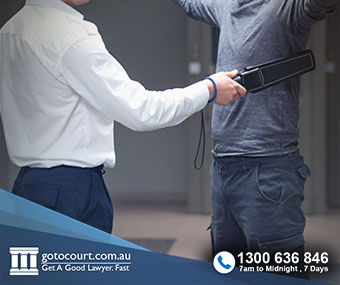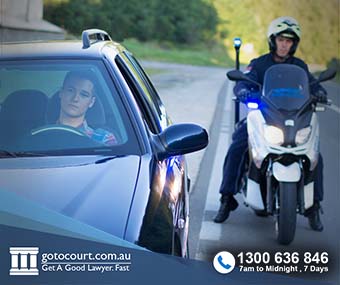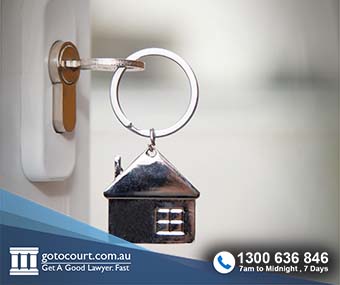Call our lawyers
now
or,
have our lawyers
call you
Search Warrants in Victoria
Updated on Dec 08, 2022 • 6 min read • 902 views • Copy Link
Search Warrants in Victoria
A search warrant is the written authority from a judicial officer which gives the police the power to enter the premises named in the warrant and search them. Without a warrant police can only come into your premises or search your vehicle if you allow them to, or if they believe a serious offence will be or has been committed or that drugs are on the premises or in the car, if a fight is in progress or an intervention order has been breached. In Victoria, both state and commonwealth laws apply to the issue of search warrants.
In Victoria, applications for search warrants must be made in writing and they must be sworn or affirmed to be true and correct. Search warrants can be issued under a range of legislative provisions including section 465 of the Crimes Act 1958, section 75 of the Magistrates Court Act 1989, section 81 of the Drugs Poisons and Controlled Substances Act 1981 and Section 3E of the Crimes Act (Commonwealth) 1914.
Application for a search warrant
An application for a search warrant must set out the general nature of the offences that the warrant relates to the reasons that the police have for believing that they will find evidence of that offence on the premises or in the vehicle.
The police officer (who must be a Senior Sergeant or higher in rank) must satisfy a magistrate that they have reasonable grounds to believe that there is (or will be within the next 72 hours), in the building or vehicle something that is connected with the an indictable offence that has been committed or might be committed in the next three days, or anything that can be used as evidence for any offence. If they wish to search any person on the premises or in the vehicle, they must get the magistrate’s approval. The magistrate may also endorse the warrant with conditions for the grant of bail for anyone arrested when the warrant is executed.
If a warrant is issued, then the reasons why it was granted must be recorded or the warrant is invalid. The warrant can last for up to seven days unless it is extended by the magistrate.
Search warrants on drug premises
When a search warrant is issued for ‘drug premises’ – premises which are believed to be used for the making or selling of illegal drugs – the police are given extra powers under the search warrant. Only police officers of the rank of sergeant or higher can apply for these warrants. These warrants authorise the police to enter the premises or vehicle using necessary force and to search them and any persons found on the premises. They are valid for one month from the date that they are issued.
Covert terrorism protection warrants
An application may be made (but only if approved by the Chief, Deputy or Assistant Commissioner of Police) to the Supreme Court for a warrant if the police believe that searching certain premises will help them in preventing the planning of, preparation of or commission of a terrorist offence. This application is made to a judge and evidence, both affidavit and oral, can be given. The court and the details of the application are closed to the public. If the warrant is approved, the police are able to enter and search the premises without giving any notice to the owners and/or occupiers of the premises and may cover up any evidence that they have been there.
Commonwealth search warrants
Applications are made to a magistrate in the Commonwealth Court for the issue of a Commonwealth Search warrant. The warrant authorises a search for evidence and must be executed by midnight on the seventh day after it is issued. The police must also ask the magistrate to endorse the warrant if they think they need to be armed when they do the search, and they can only be armed if the magistrate authorises it.
Executing a search warrant
Executing a search warrant is the term used for carrying it out. If they have a search warrant (that is not a covert search warrant) the police must state that they have a search warrant and are at the premises to conduct a search, unless they believe that might cause a risk to the safety of a person or to the evidence being searched for.
Once the police have a valid search warrant and have demanded entry they are allowed to enter the premises. If entry is refused, then they are allowed to use reasonable force to enter the premises.
Obstructing the police when they are executing the search warrant is a criminal offence. However, entry can be refused if the premises are not the ones named on the warrant or the time or date on the warrant has passed.
They police are allowed to videotape a search. At the end of the search the police officer who executed the search warrant must give the occupier a document listing the items that they have taken.
Unless the magistrate who issued the warrant authorises it, the warrant cannot be executed at night.
Notice to occupier
When the police execute the warrant, they must then give to a person who is at the premises, and/or who appears to be in charge of the vehicle, a copy of the execution copy of the warrant. That notice sets out the details contained in the warrant. A copy must also be given to any person who is searched under the warrant.
Searching people during the execution of the search warrant
The police can search any person who is identified in the warrant, and must also give to them a copy of the warrant’s execution copy. Police do not have the power to question or interview persons while they are executing the search warrant but the search may be videotaped and if so any questions and the answers given will be recorded and may be used as evidence in court.
Items seized under a search warrant
The police must report back to the magistrate with the items seized and the magistrate will determine what’s going to happen to those things. Orders can be made that the items are to be kept for evidence, returned to their owners, destroyed, or whatever else the magistrate determines is in the interests of justice.
Failure to follow correct procedure
If the correct procedure for either the issue or execution of a search warrant is not followed then the court may rule that the warrant was invalid and the search was unlawful. If a search is unlawful, then any evidence the police collected may be found to be inadmissible in the proceedings that follow. It may also mean that those whose premises or person were searched may have a legal claim against the police.
If you require legal advice or representation in any legal matter, please contact Go To Court Lawyers.


Affordable Lawyers
Our Go To Court Lawyers will assist you in all areas of law. We specialise in providing legal advice urgently – at the time when you need it most. If you need a lawyer right now, today, we can help you – no matter where you are in Australia.How It Works








1. You speak directly to a lawyer
When you call the Go To Court Legal Hotline, you will be connected directly to a lawyer, every time.


2. Get your legal situation assessed
We determine the best way forward in your legal matter, free of charge. If you want to go ahead and book a face-to-face appointment, we will connect you with a specialist in your local area.


3. We arrange everything as needed
If you want to go ahead and book a fact-to-face appointment, we will connect you with a specialist in your local area no matter where you are and even at very short notice.


